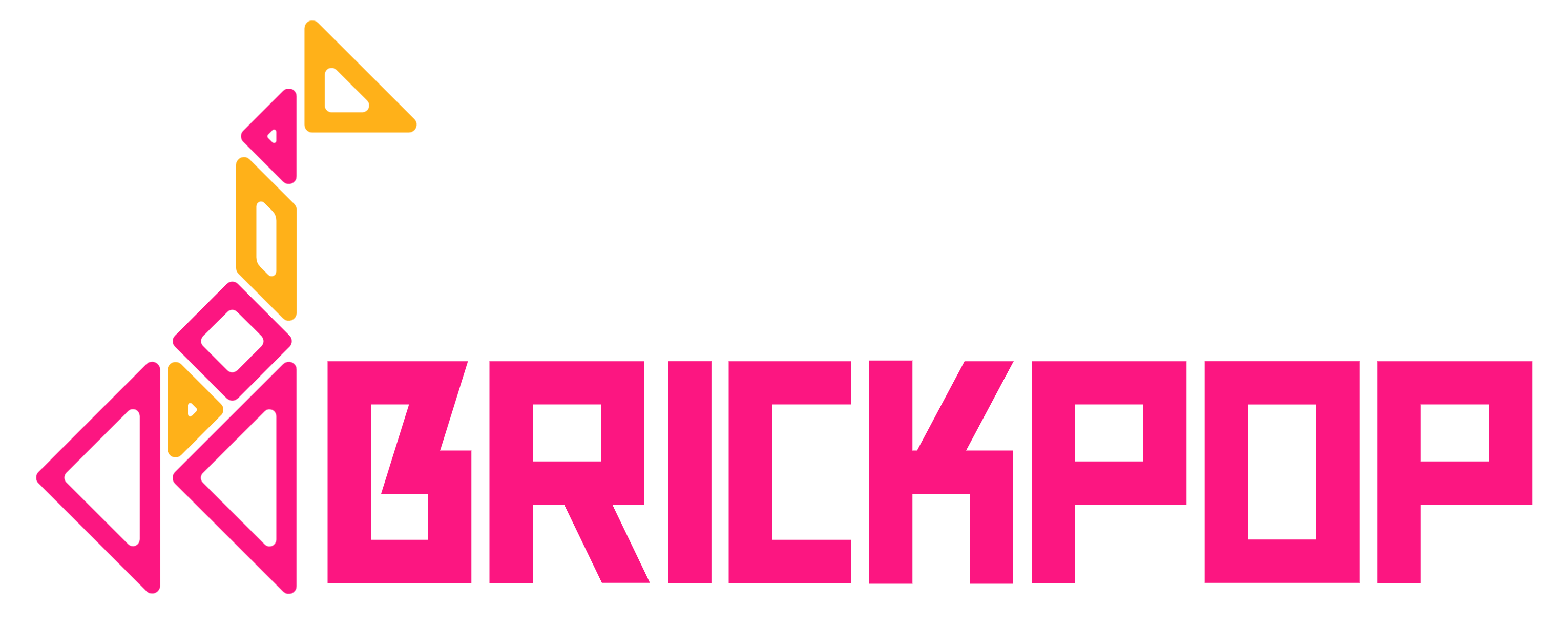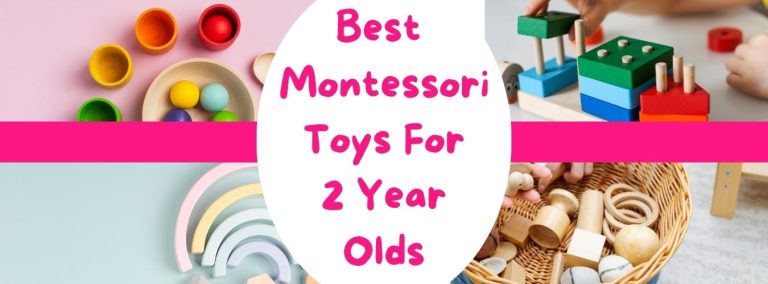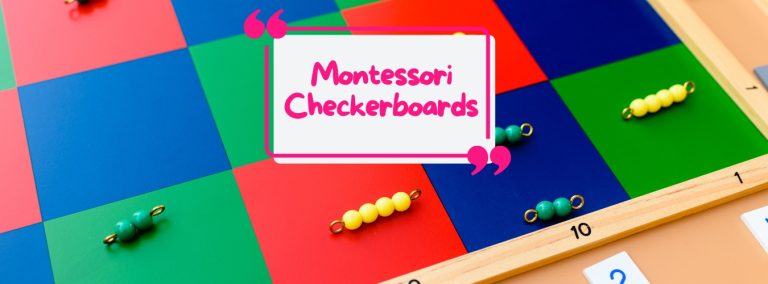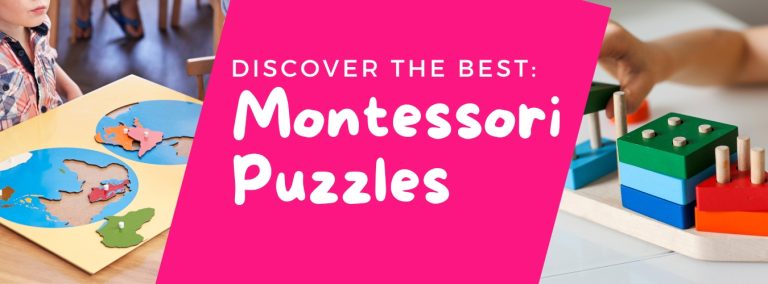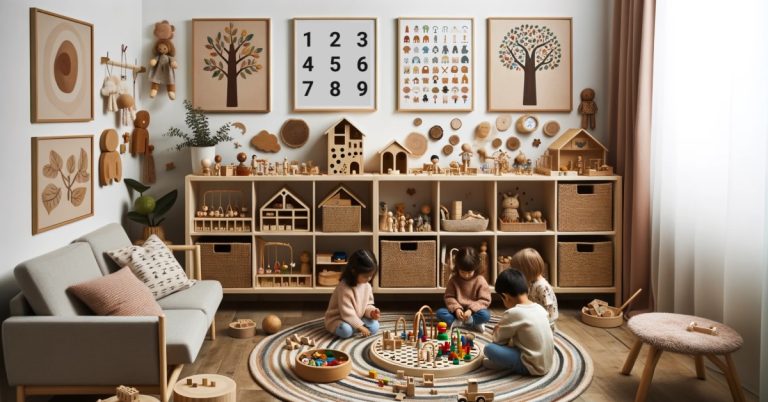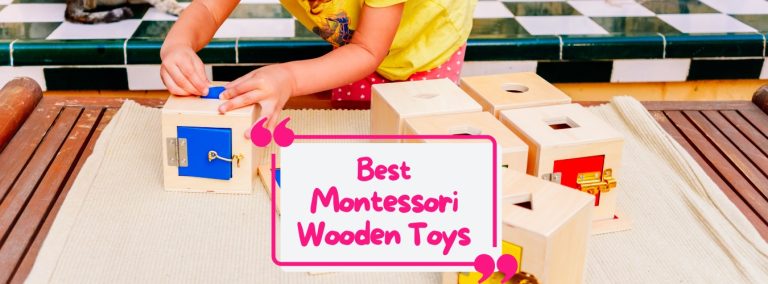Teach Math To Kids The Montessori Way

The Montessori approach to teaching mathematics in early childhood is centered around nurturing children’s innate desire to learn. Maria Montessori, an Italian physician and educator, observed that children have a natural inclination towards learning mathematical concepts if provided with the proper environment and tools. The Montessori philosophy utilizes concrete learning materials, student-driven exploration, and individualized instruction to give children a solid foundation in early math skills.
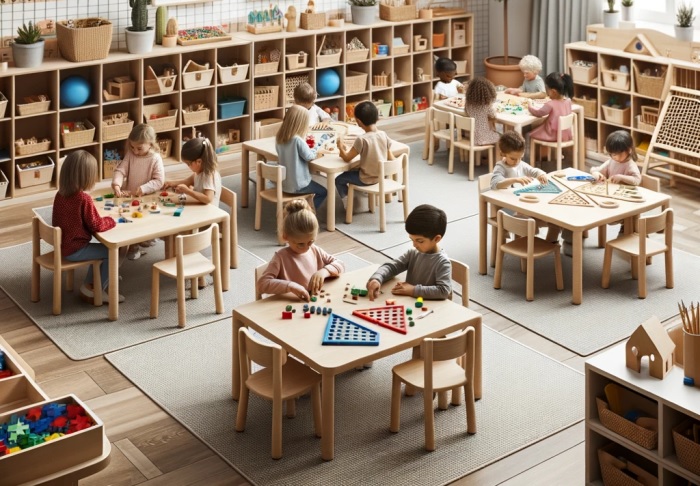
Key Principles of Montessori Math Education
There are several key principles that guide the Montessori philosophy of teaching math to young children:
Math Materials Teach Mathematical Concepts
Montessori math materials allow children to learn mathematical concepts concretely first before transitioning to abstract ideas. For example, the “Golden Beads” material is used to introduce the decimal system in a hands-on way. As children gain familiarity with concrete materials, they can better grasp abstract math concepts.
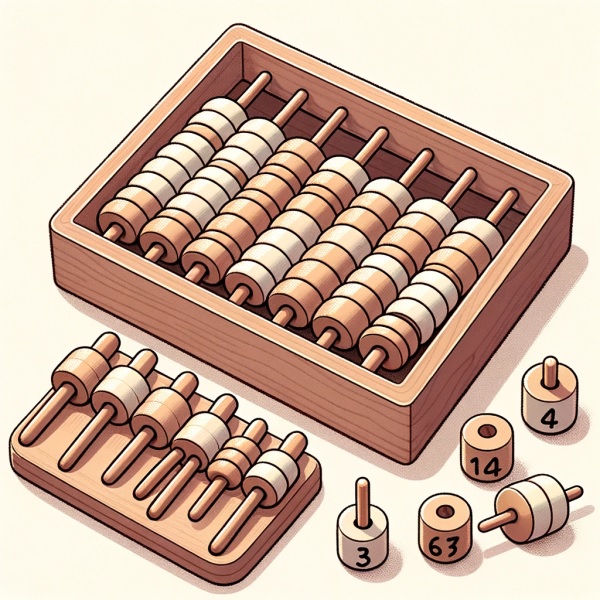
Hands-On Materials
Montessori math materials are designed to be played with by children. Young students explore concepts by handling objects like beads, rods, blocks, and cards. This tactile approach allows for deeper understanding. Children can learn how to count, add, subtract, and understand how math works.

Self-Correction
Many Montessori math materials have a built-in control of error that enables children to self-correct. This provides immediate feedback to the child and instills independence and self-confidence.
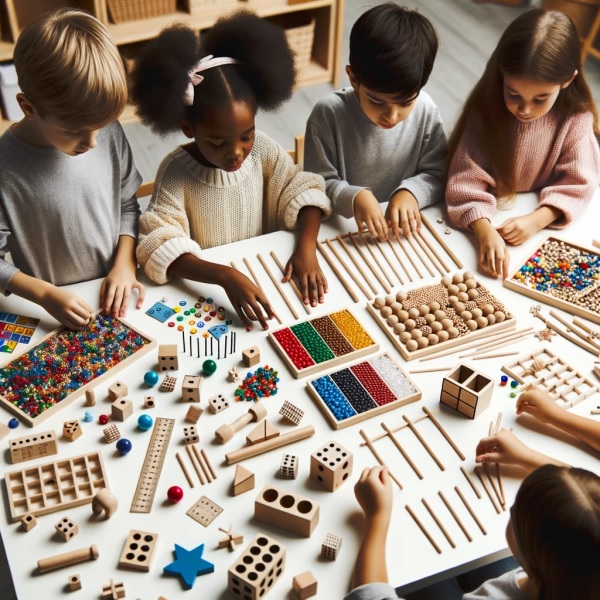
Sequential Learning
Mathematical concepts are introduced in a logical sequence in Montessori classrooms. Each lesson builds on the last, allowing children to construct their mathematical knowledge over time.
Integrated Learning
Math is woven throughout the Montessori curriculum and connected to other subjects. Geometric shapes may be explored in art projects, while counting is related to biology lessons. This highlights the interconnectedness of knowledge.
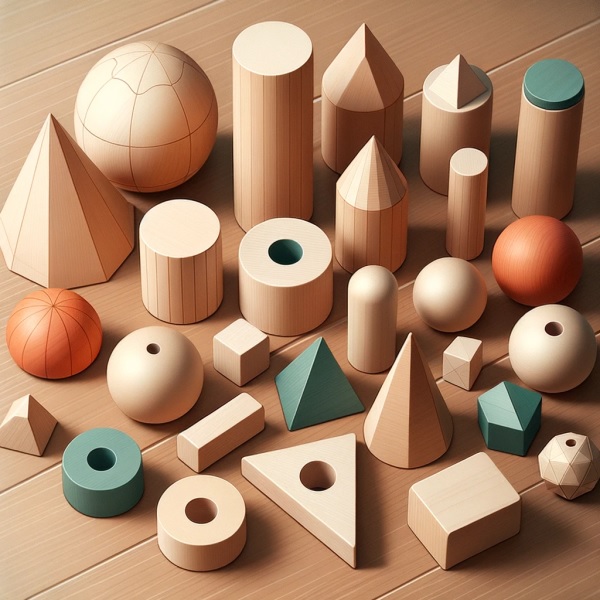
Individualized Instruction
Since children have varying abilities, Montessori teachers present tailored math lessons based on the individual child’s development. This ensures an appropriate pace and level of challenge.
Math Vocabulary
Children are exposed to proper mathematical terms and language from the very beginning. This lays the groundwork for math discourse and conceptual thinking.
Mathematical Thinking
The Montessori method focuses less on memorization and more on fostering deep, inquisitive thinking. Children are encouraged to think through math problems and develop perseverance in finding solutions.
Teach Problem-Solving Abilities
Mathematical activities promote focus, problem-solving, fine motor control, and other skills. Montessori aims to educate the whole child, not just teach academic content.

The Montessori Math Environment
To bring these principles to life, Montessori classrooms provide a thoughtfully prepared environment tailored to mathematics learning. Here are some key aspects:
- Child-sized furniture and organized shelves allow easy access to materials
- A math area devoted to hands-on mathematical activities
- Displays like math vocabulary cards, number lines, and geometric shape samples
- A wide variety of Montessori math manipulatives organized into a sequential curriculum
- No distracting bright colors, clutter, or unnecessary decor
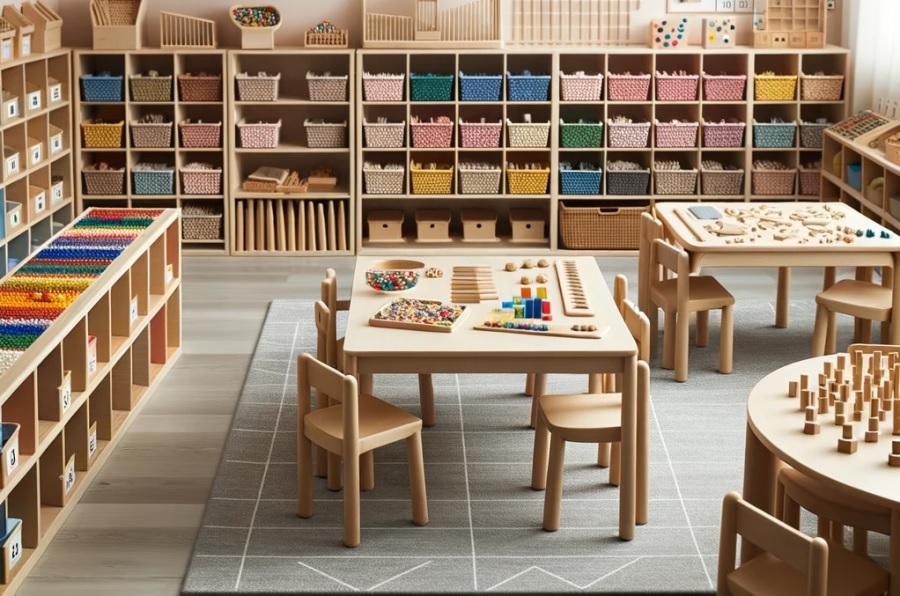
Additionally, teachers thoughtfully present math lessons and observe children’s exploration. They provide individual guidance and introduce new concepts based on each child’s developmental readiness.
Montessori Math at Home
The Montessori philosophy can be continued at home through activities like:
- Counting everyday objects around the house
- Sorting toys by color, shape, or size
- Looking for shapes and patterns in nature
- Baking cookies and measuring ingredients
- Allowing children to handle money and calculate totals

Helpful Montessori Math Videos
Montessori Math Curriculum by New Albany Montessori
Montessori 101 – Mathematics by Sunshine Teachers Training
Conclusion
Keeping math lessons concrete, hands-on, and tied to real life makes math meaningful for children. With the right approach, Montessori education allows children to joyfully explore mathematical concepts during the crucial early childhood years.
